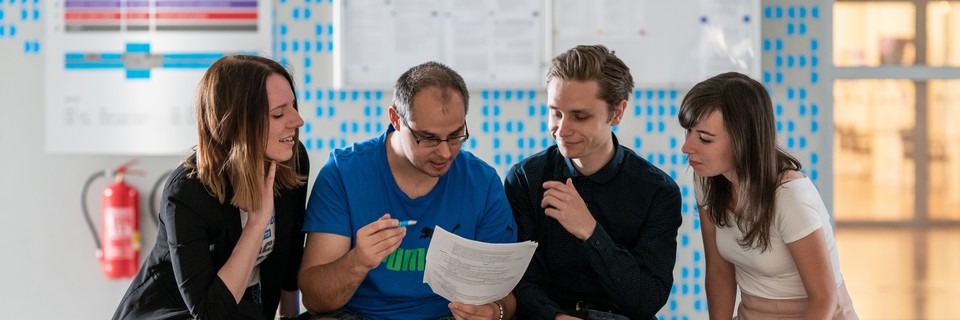
Studies at the Faculty of Science of UP are divided into stages compatible with the EU framework of higher education qualifications, i.e. the first stage comprises bachelor's studies, usually three years long, awarding a bachelor's degree (BSc.). The follow-up master's studies are usually two years long, awarding a master's degree (MSc.). Both degrees improve the graduates' opportunities on the labour market. In addition, there is the possibility of continuing the studies in the form of a full-time or combined doctoral programme, usually for four years, to obtain a doctoral degree (PhD). There is also an alternative for master's studies graduates to meet the requirements for the state rigorous examination and obtain a so-called minor doctorate (RNDr., i.e. Doctor of Natural Sciences).
The Department of Inorganic Chemistry guarantees accredited study programmes at all levels focused on Inorganic Chemistry (MSc. and PhD), Bioinorganic Chemistry (BSc. and MSc.), Industrial Technologies and Materials (BSc.) and combinations with Chemistry Teaching (BSc. and MSc.) and Didactics of Chemistry (PhD). Bachelor's and master's studies are only in Czech but doctoral studies are available also in English.
More detailed information can be found in the text below or in our promotional materials:
Professional study programmes flyer (in Czech)
Industrial Technologies and Materials study program flyer (in Czech)
Chemistry Teaching study programmes flyer (in Czech)
General information for prospective students regarding the application and admission procedure at the Faculty of Science UP.